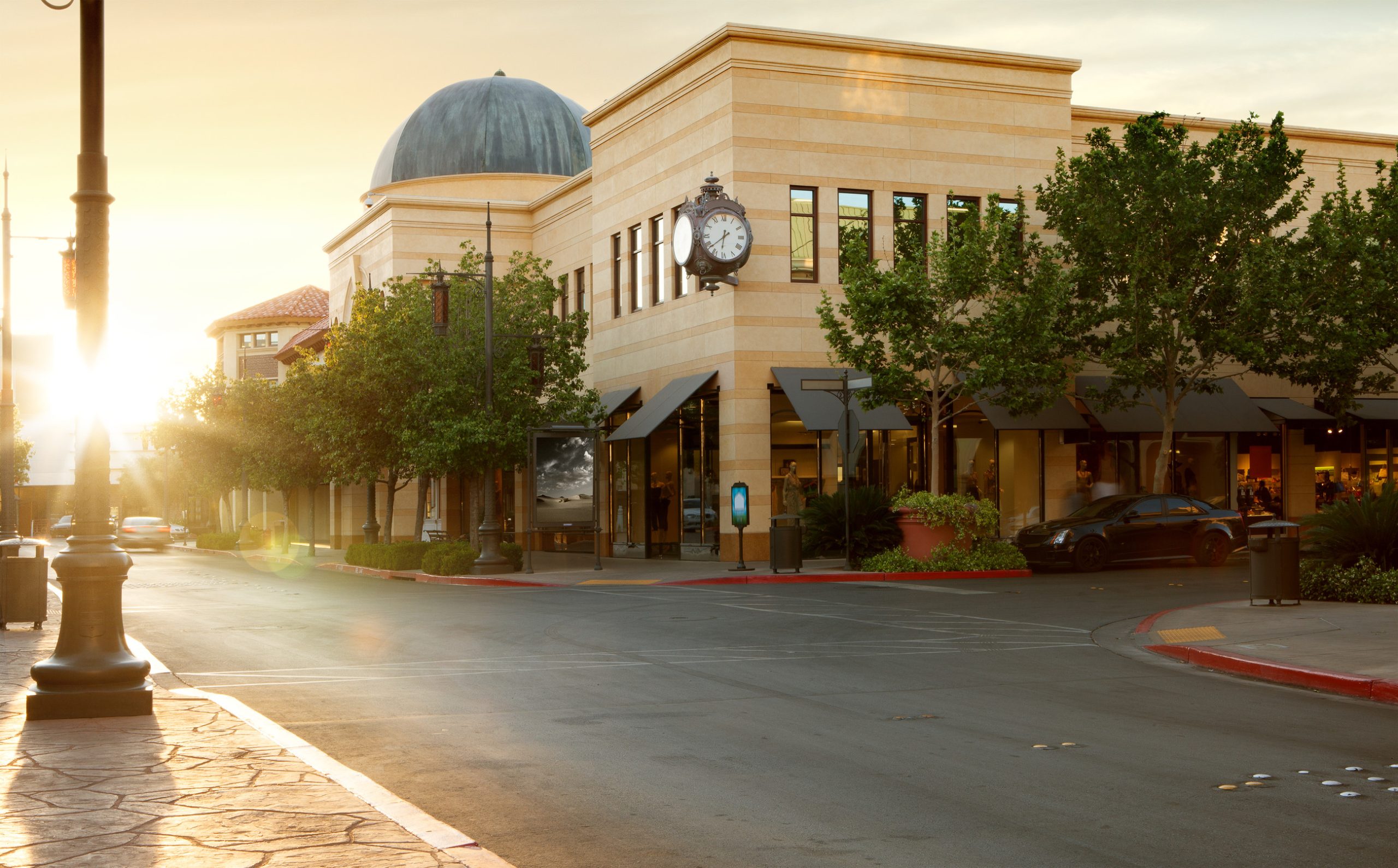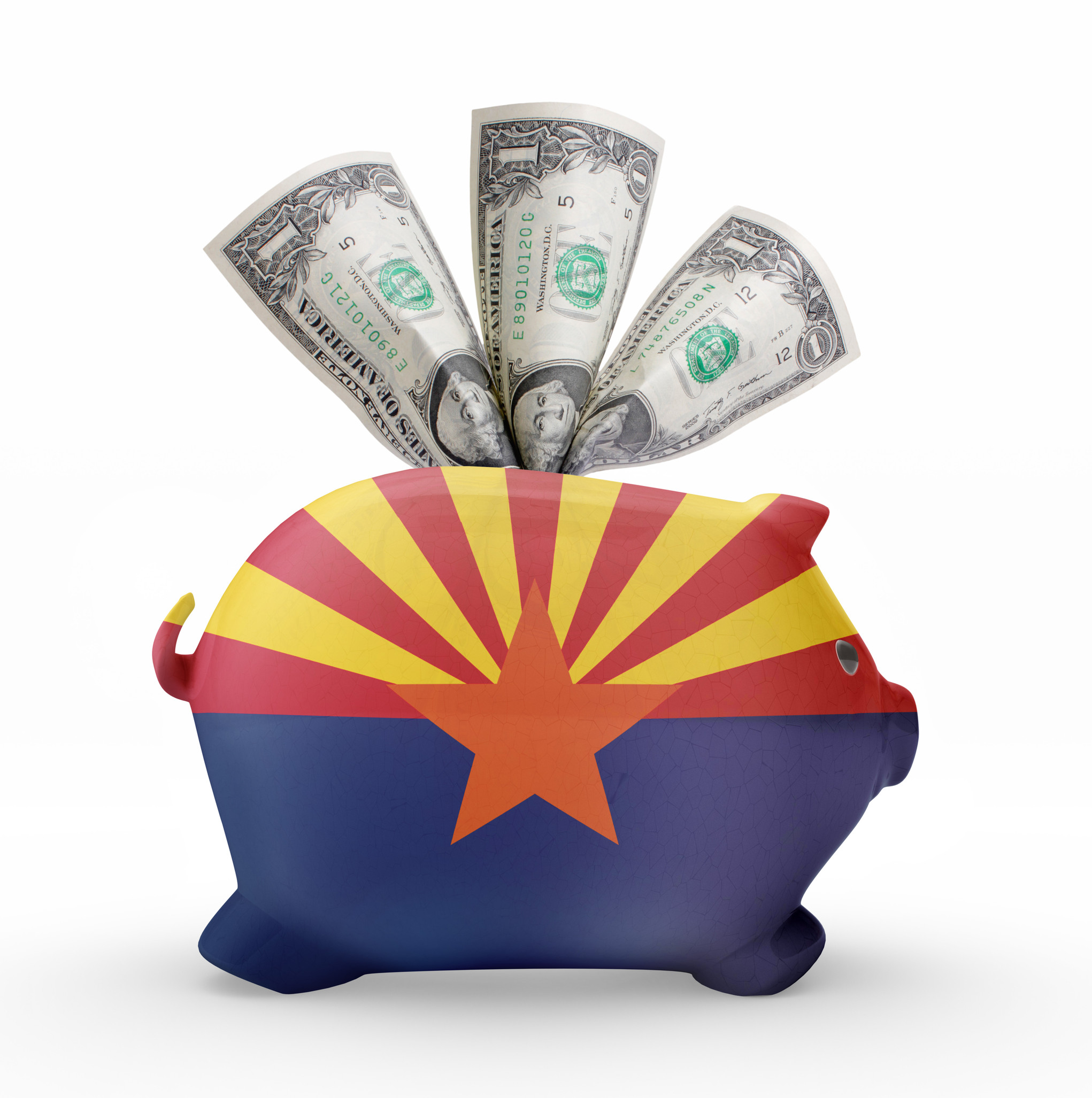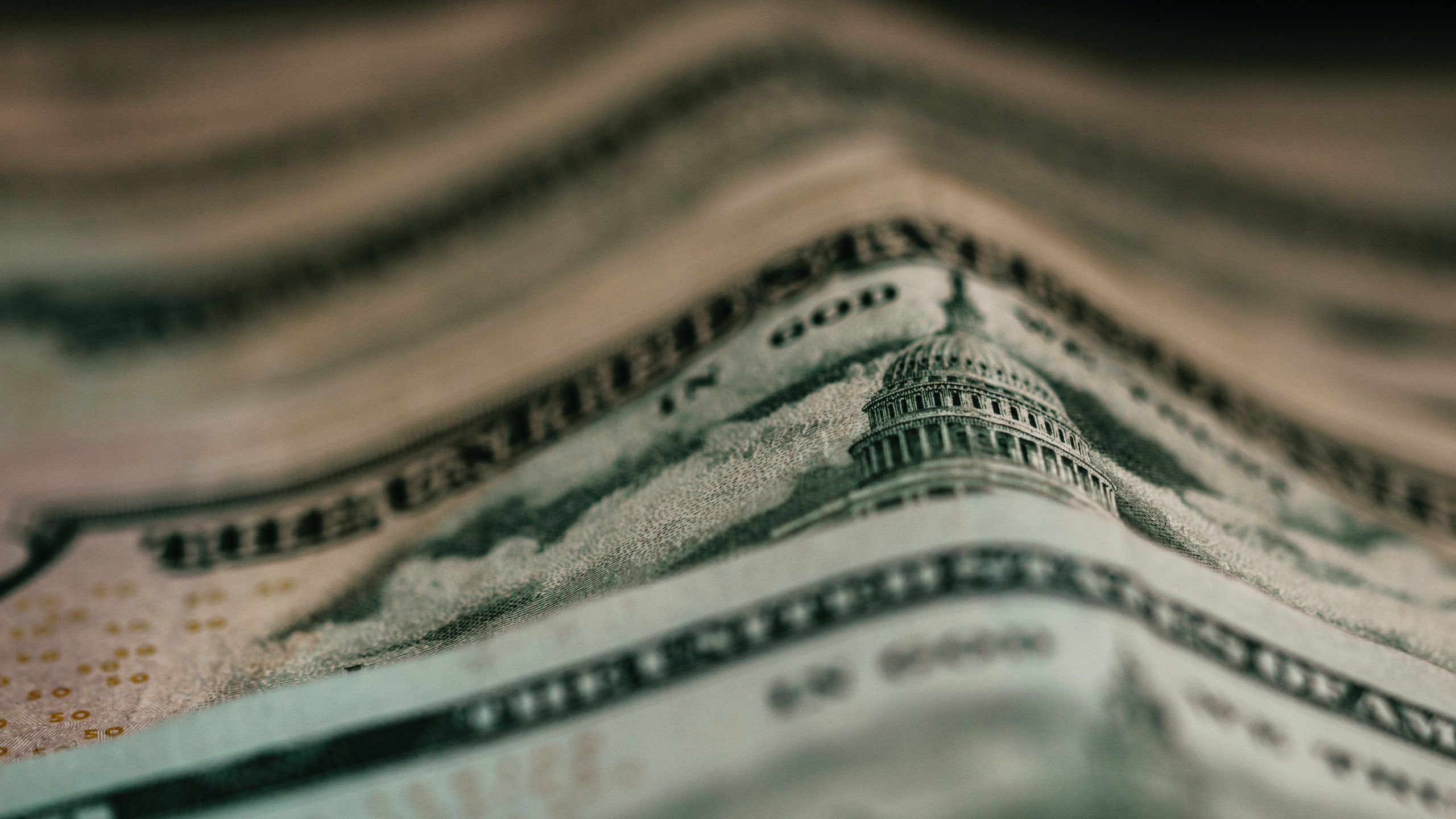
Confession—watching money sit in a traditional savings account earning pennies is ridiculously frustrating, especially with today’s rising costs. If you’re an Arizona resident tired of those measly 0.01% returns, you’re not alone! The good news? You have plenty of better options right in your backyard. Let’s explore seven high yield savings account options in Arizona.
1. Online High-Yield Savings Accounts

Why settle for tiny returns when you could be earning 15-25 times more interest with just a few clicks? Online banks like Ally, Marcus by Goldman Sachs, and Capital One 360 offer Arizona residents impressive APYs between 4.00% and 5.25% right now.
Since these digital banks don’t have expensive branches to maintain, they pass those savings directly to you through higher interest rates. Most don’t require minimum balances or charge monthly fees, making them perfect for savers at any level. And don’t worry about security – these accounts carry the same FDIC insurance as your traditional bank, protecting your deposits up to $250,000.
2. Arizona Credit Unions

Your neighborhood credit unions might be Arizona’s best-kept financial secret. Places like Desert Financial Credit Union and Arizona Federal Credit Union consistently offer rates that beat the national averages while keeping your money in the local economy.
Unlike big banks answering to shareholders, credit unions are owned by their members (that’s you!), so they’re focused on giving you better deals, not maximizing corporate profits. Many Arizona credit unions reward relationship banking with special rate boosts when you use multiple services. The friendly, personalized service is a refreshing change from automated phone systems and chatbots.
3. Money Market Accounts

Need to keep your cash accessible while still earning solid interest? Money market accounts offer the perfect middle ground for Arizona savers. These specialized accounts typically reward larger balances with better rates (often reaching 4.50% to 5.00% for substantial deposits) while still letting you write checks or use a debit card.
Local options like BMO Harris and WaFd Bank offer competitive Arizona-specific money market rates that blow traditional savings accounts out of the water. These accounts make perfect sense for your emergency fund or saving toward a down payment on that Scottsdale dream home – your money grows substantially faster while remaining available when you need it. Just keep an eye on minimum balance requirements, which typically range from $1,000 to $5,000 depending on where you bank. Desert Financial and Vantage West Credit Union currently offer some of the most reasonable minimums paired with impressive rates.
4. Certificate of Deposit (CD) Laddering

If you’re comfortable setting aside some money for a fixed period, Arizona banks and credit unions offer CDs with seriously impressive returns – currently ranging from 4.50% for shorter terms to over 5.75% for longer commitments. The secret pro move? Create a “CD ladder” by opening several certificates with staggered maturity dates. This strategy gives you periodic access to your funds while maximizing overall returns.
Right now, OneAZ Credit Union and Arizona Federal are featuring some of the state’s most competitive CD rates, especially in the sweet spot of 6-24-month terms. The beauty of CDs is their guaranteed returns. Once you lock in that 5.50% rate, you’ll get exactly that regardless of what happens to interest rates during your term. It’s like getting tomorrow’s harvest at today’s prices, especially valuable when economic conditions remain uncertain.
5. High-Yield Checking Accounts

Why keep your spending money in a zero-interest checking account when it could be earning premium returns? Several Arizona financial institutions now offer checking accounts with interest rates rivaling dedicated savings vehicles—we’re talking 3.00% to 4.50% APY on your everyday spending account. These accounts typically ask you to meet monthly requirements like setting up direct deposit, making a minimum number of debit card purchases, or signing up for paperless statements – small tasks for significant returns.
Local standouts include Copper State Credit Union and TruWest Credit Union, both offering some of Arizona’s most generous rewards checking programs. Many of these accounts throw in valuable extras like ATM fee reimbursements (perfect for those weekend trips to Sedona or Lake Havasu) and cashback rewards on purchases.
6. Treasury Bills and TIPS

Looking for rock-solid security with surprisingly competitive yields? U.S. Treasury securities offer Arizona residents government-backed options that are currently outperforming many traditional bank products. Short-term Treasury bills now yield between 4.25% and 5.50% depending on maturity, with options ranging from four weeks to one year. For those worried about inflation eating into savings (a valid concern in today’s economy), Treasury Inflation-Protected Securities (TIPS) automatically adjust with the Consumer Price Index, ensuring your purchasing power remains protected. As an Arizona resident, you’ll appreciate that interest earned on Treasury securities is exempt from state income tax, giving you a built-in advantage over fully taxable bank interest. The best part? You can purchase these directly through TreasuryDirect.gov without paying fees or commissions to middlemen, keeping more money in your pocket. It’s like having the full faith and credit of the U.S. government as your personal banker.
7. Arizona-Specific Bond Programs

Did you know you can earn strong returns while helping build a better Arizona? The state offers unique bond programs that let you support local development projects while earning competitive interest. The Arizona State Treasurer’s LOCAL Investment Program connects taxpayers with opportunities to invest in government projects while earning rates frequently exceeding 4.00%. Municipal bonds issued by Arizona cities and counties not only provide tax advantages for residents but deliver yields between 3.50% and 5.00% depending on the specifics. Your investment goes directly toward funding schools, roads, water systems, and other critical infrastructure improvements in communities throughout the state.
For Arizonans in higher tax brackets, the tax-exempt status of qualifying municipal bond interest creates tax-equivalent yields that can exceed 6.00% – particularly appealing when compared to fully taxable savings options. It’s rare to find an investment that aligns your financial goals with your community values so perfectly.
Your Roadmap to Better Returns

Ready to stop leaving money on the table? Transitioning from your underwhelming account doesn’t have to be complicated. Start by thinking about how quickly you might need to access different portions of your savings. Emergency funds should remain easily accessible, while money for longer-term goals can be placed in higher-yielding options with some time commitments. Compare not just the headline interest rates but also any fees, minimum requirements, and access limitations to find the right fit for your situation.

Stephen began his career as a Research Assistant at a reputable middle-market private equity firm, where he honed his skills in market research, financial analysis, and identifying investment opportunities. He then transitioned to full-time financial writing focusing on small-cap biotech innovation and digital payment solutions. Today, Stephen is a value-based retail investor and novice baseball statistician.



